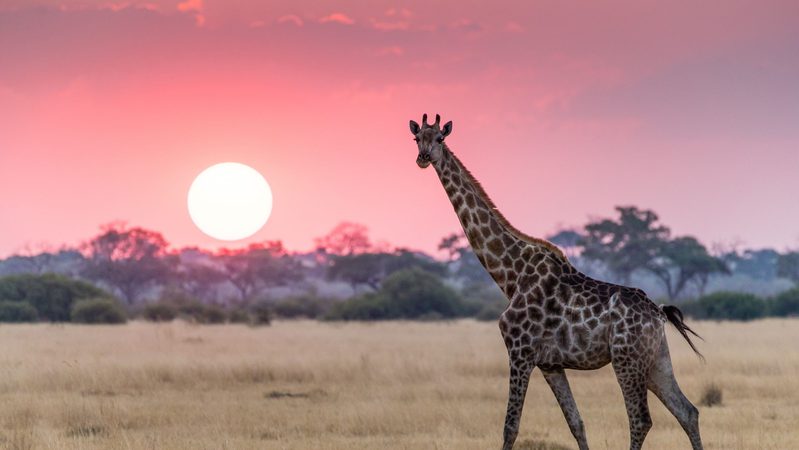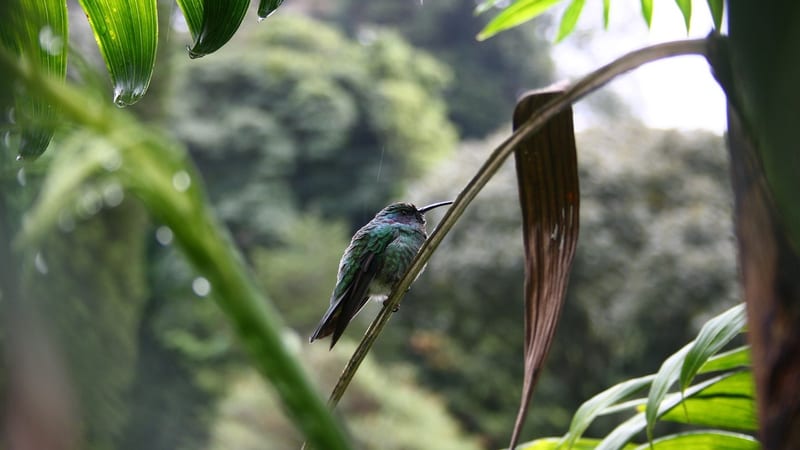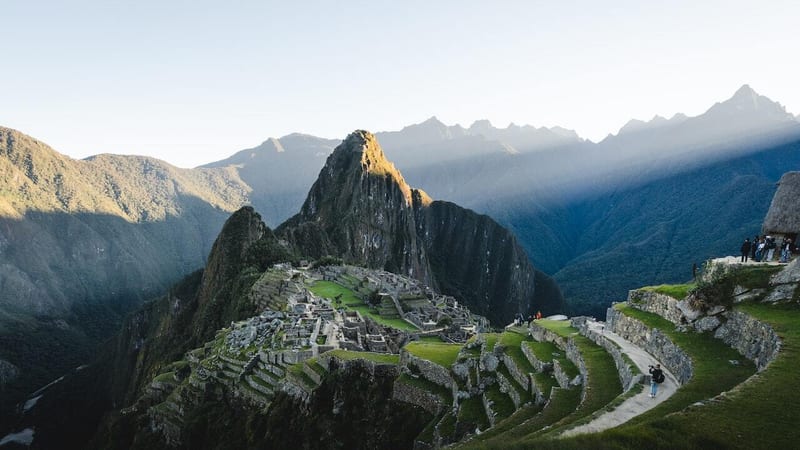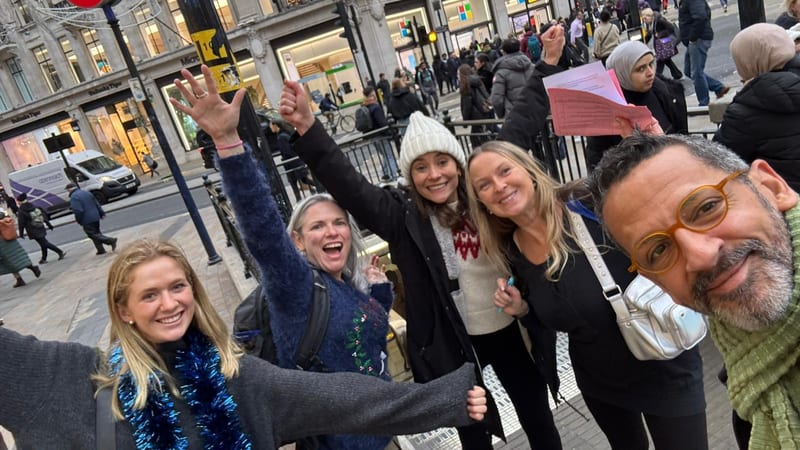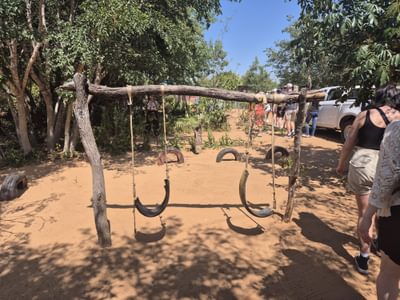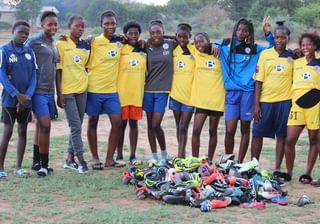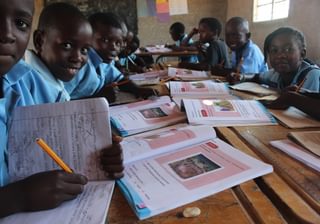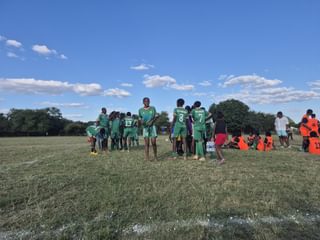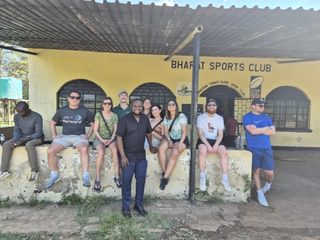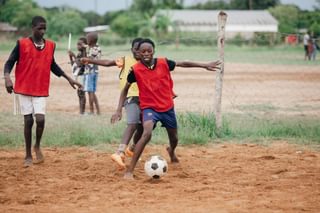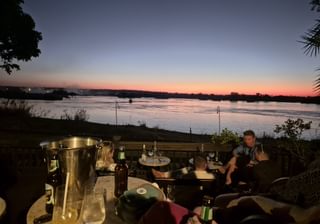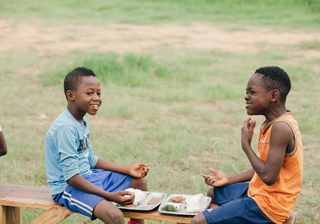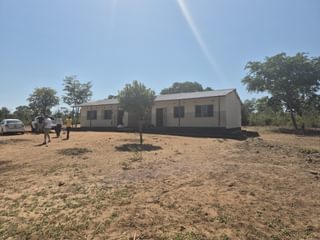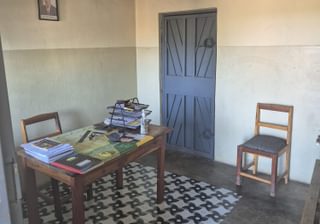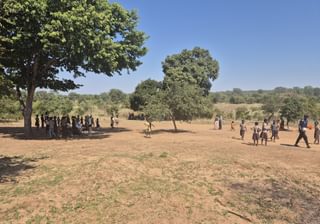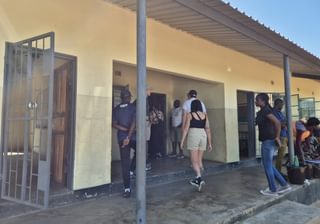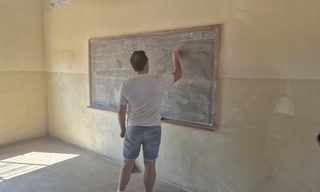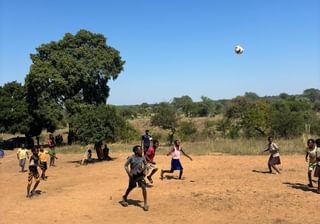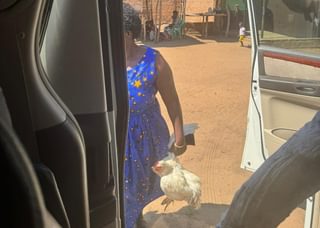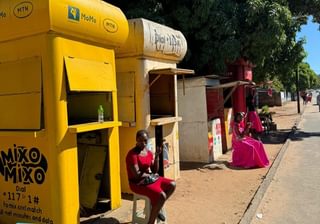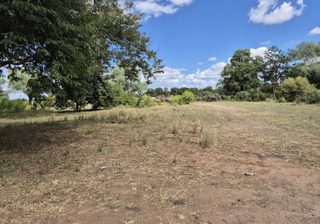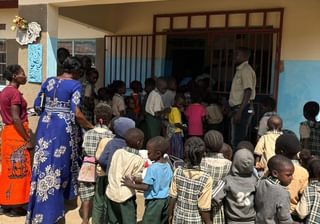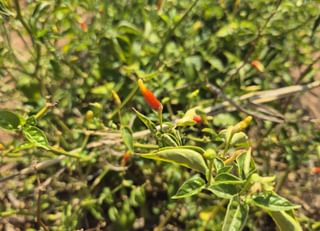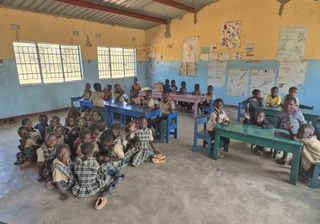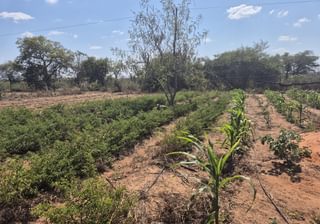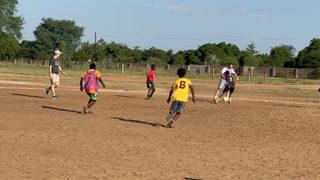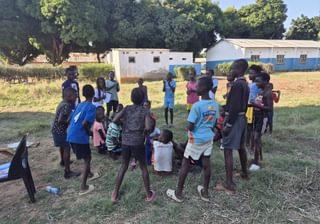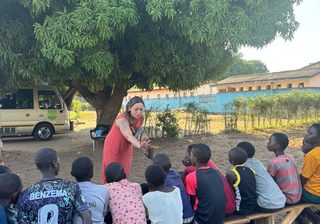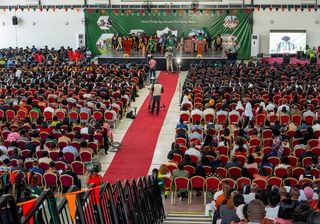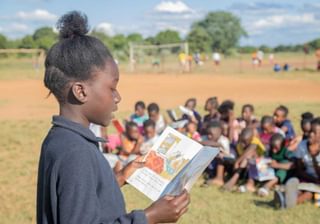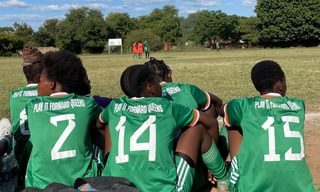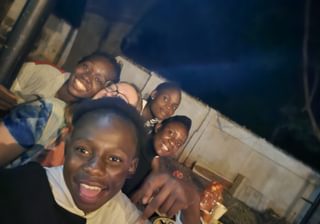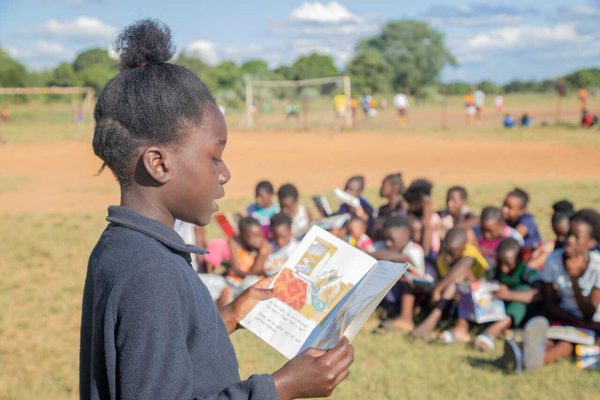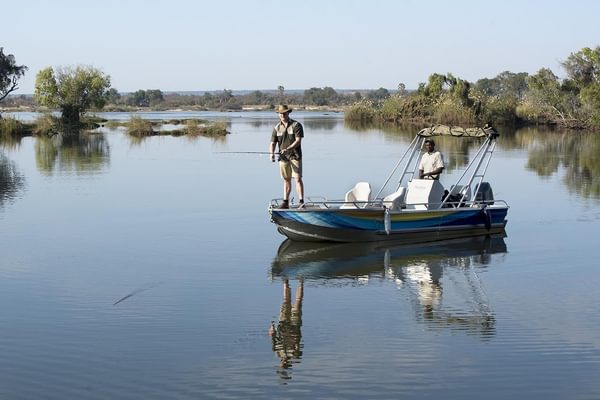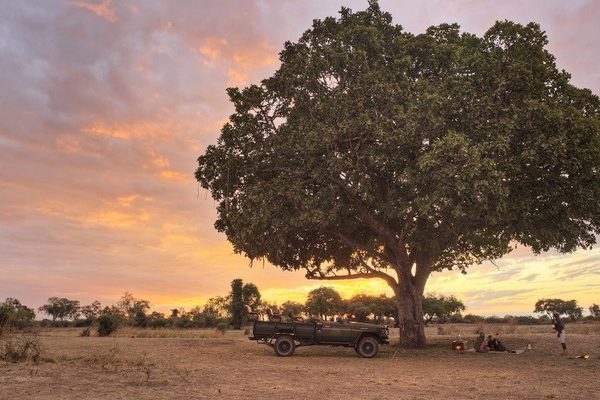Zambia Trip Inspiration
Speak to a Zambia expert today
and start planning your tailor-made holiday

Alistair
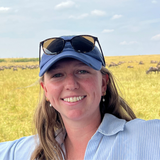
Tamara
When to go to Zambia
Find out the best time to visit Zambia with our month by month guide.
- Best
- Good
- Mixed
- Jan
- Feb
- Mar
- Apr
- May
- Jun
- Jul
- Aug
- Sep
- Oct
- Nov
- Dec
January
January is a good time to visit Victoria Falls, but the rest of the country is very humid and wet leading to many camps shutting during January.
February
February remains wet, so its a good month to visit the thundering Victoria Falls, however only a few camps stay open for boating and walking. The rains have created lush vegetation, during this time of year it is alive with the sound of migratory birds in their breeding plumage, an excellent time for birders to visit Zambia.
March
If you want to witness Vic Falls at its fullest, March is the month to visit, with huge volumes of spray often obscuring the view. The birding is still magnificent in March, and camps offer fantastic value for money as there are no crowds.
April
In April the weather starts to dry, however rain remains a prominent feature of April. In the Lower Zambezi National Park, lush vegetation is at its thickest making animals more difficult to spot. April is seen to be the best time of year to witness the rarely seen Wild Dog in South Luangwa National Park.
May
May is a mixed month, the onset of the dry season means rains are unlikely, however access to certain camps is tricky due to sodden grounds. Game viewing in South Luangwa and Lower Zambezi begin to improve as the vegetation things and waterholes begin to dry up, forcing wildlife together.
June
June is a great time to visit Zambia, the ground starts to dry out and camps are offering excellent deals and there are few visitors to share safari vehicles so you may have some areas to yourself.
July
July is high season, temperatures rise and all the camps are officially open. If you want to see game then South Luangwa is the best option, whereas the Lower Zambezi is perfect for river cruises and fishing.
Victoria falls is at its best, without being overly wet and clouded with spray.
August
August's hot and dry weather kicks off what Zambia is famous for, walking safaris. It is the prime time to combine game viewing with Victoria Falls.
September
Temperatures sore in September reaching high 20's making the long days particularly pleasant. This month sees Carmine Bee Eaters arrive, flocks of hundreds nest in river banks providing a thrilling spectacle of colour and sound.
October
October sees temperatures sore again, game viewing is best done in the early mornings to avoid the hot midday sun.
November
November brings the start of the rainy season, but the good news is the sporadic showers are not too disruptive and visitors get to see dramatic skies and stormy skies brewing. Temperatures are high and it can be humid, but the mixed weather brings great value stays. Plus many young animals are being born, making it a fantastic time to see the parks come to life.
December
The rainy season is in full force in December, grasslands begin to lengthen, foliage thickens and game viewing becomes a little trickier. The rivers rise and dependant on water levels travellers can visit 'devils pool' at Vic Falls, providing high excitement and a head for heights needed if you want to get close to the drop off.

